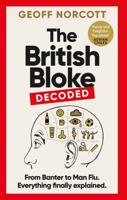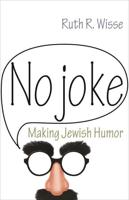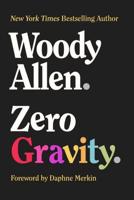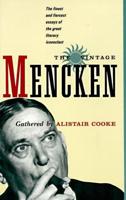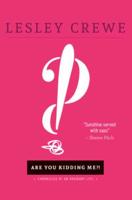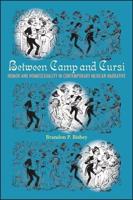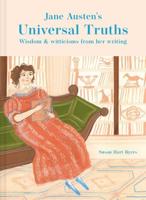Publisher's Synopsis
Between Camp and Cursi examines the role of humor in portrayals of homosexuality in contemporary Mexican literature. Brandon P. Bisbey argues that humor based on camp and cursilerìa-a form of "bad taste" that expresses a sense of social marginalization-is used to represent key social conflicts and contradictions of modernity in Mexico. Combining perspectives from queer theory, humor theory, and Latin American cultural studies, Bisbey looks at a corpus of canonical and lesser-known texts that treat a range of topics relevant to contemporary discussions of gender, sexuality, race, and human rights in Mexico-including sex work, transvestitism, bisexuality, same-sex marriage, racism, classism, and homophobic and transphobic violence. Emphasizing the subversive possibilities of the comic, Between Camp and Cursi considers how this body of twentieth- and twenty-first-century literature has challenged heteronormativity in Mexico and wrestled more broadly with both the colonial underpinnings of modernity and hegemonic Western gender norms.




